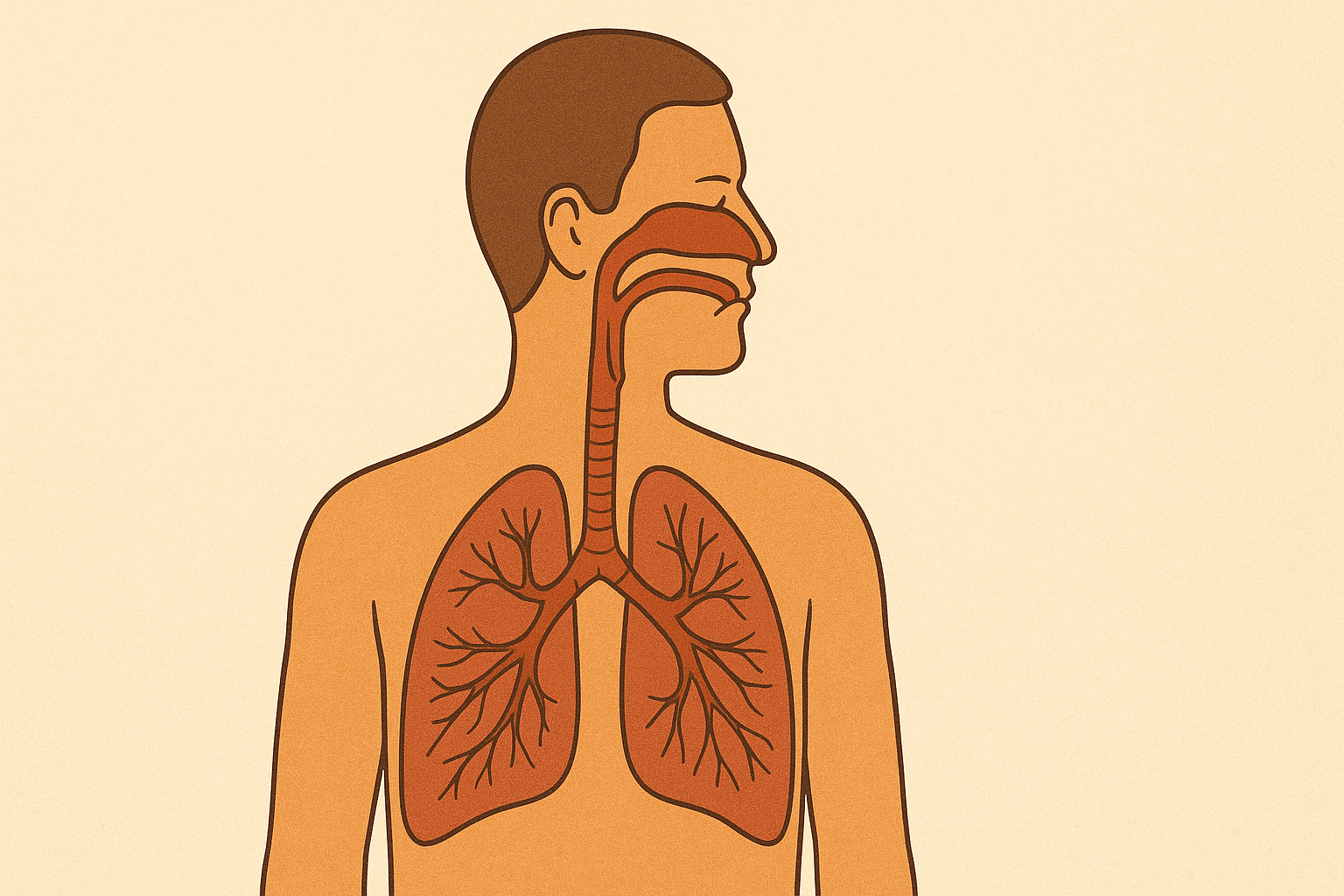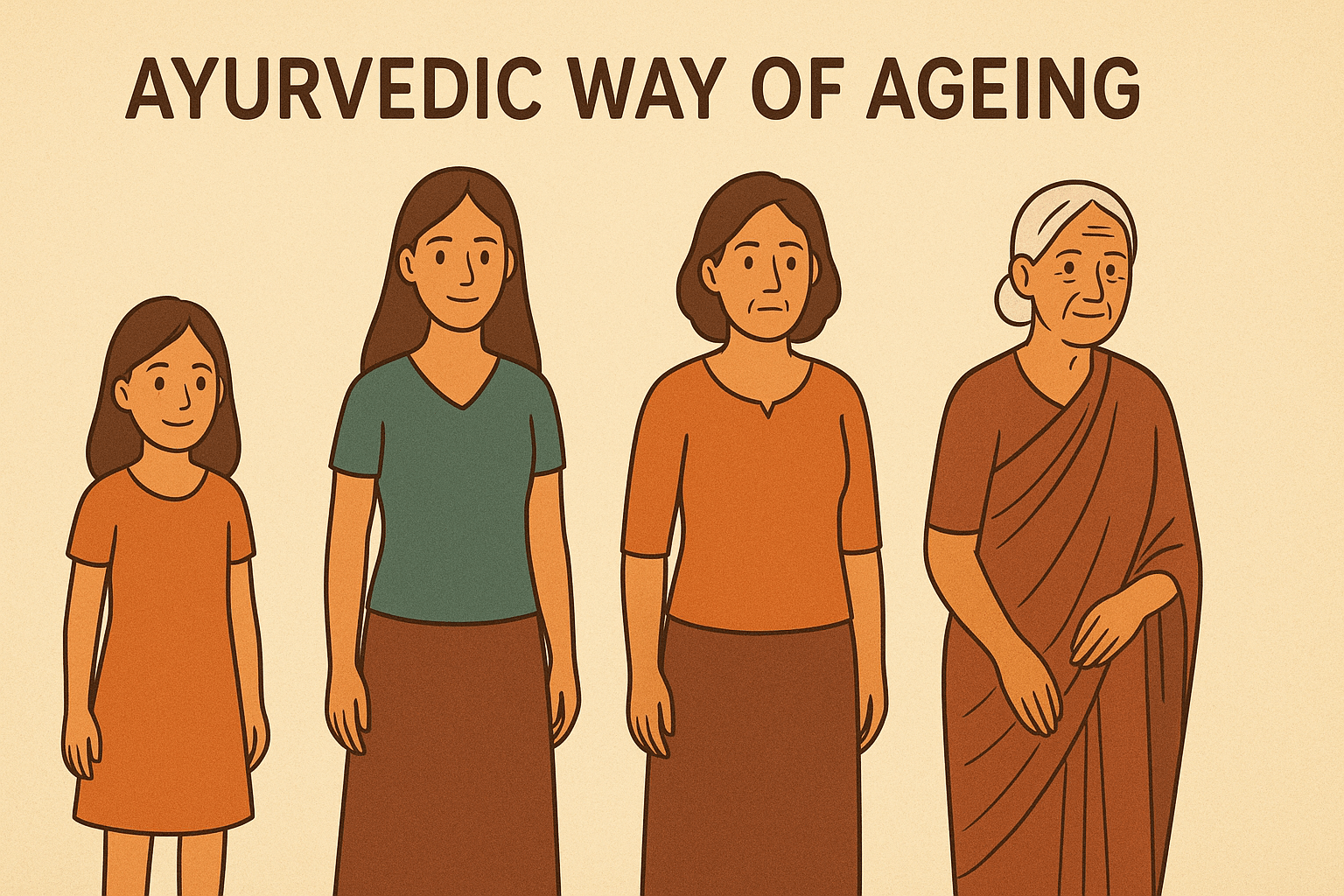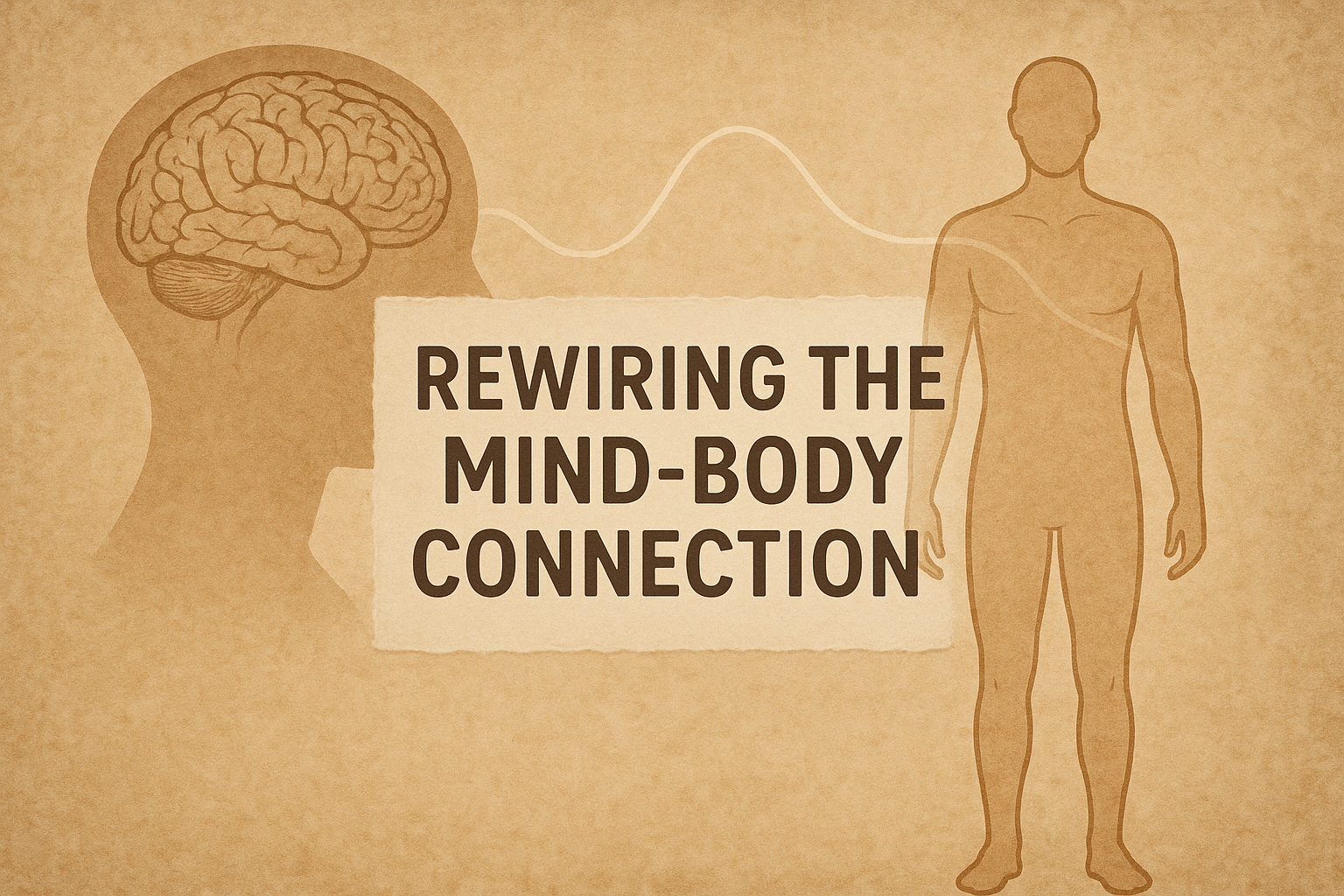Thyroid disorders have become an invisible epidemic. From unexplained weight gain to fatigue that no coffee can fix, to the emotional swings that feel like a never-ending roller coaster, the thyroid is often at the centre of it all.
We pop pills, change diets, and sign up for multiple wellness trends, all along with a neglected and lingering question:
What if true thyroid healing isn’t just about fixing a gland?
What if it’s about retraining your entire system?
What if it’s about how you eat, think, and live?
The Modern Thyroid Puzzle
Today, hypothyroidism, Hashimoto’s, and sluggish thyroid symptoms are seen across all age groups. While medicines soften symptoms by often replacing hormones, many people still struggle with chronic complications like,
- Hair fall
- Multiple joint edema
- Low energy
- Mood dips,
- and Stubborn weight management issues.
Research suggests that,
- Chronic stress
- Processed food
- Sedentary lifestyles, and
- Environmental toxins.
Become the factors that interfere with the ‘thyroid axis’, which is the delicate conversation between your brain, pituitary, and thyroid gland.
In other words,
The thyroid doesn’t work in isolation. It reflects your inner environment, which is shaped daily by food, thoughts, and routines.
Ayurveda’s Perspective: Not Just a Gland, but a System
Ayurveda doesn’t name the thyroid as a single organ, nor does it section thyroid disorders into a category. The symptoms we classify today as signs of thyroid imbalance fall under Galaganda and Apachi, conditions in Ayurveda. And these are linked to metabolic and glandular imbalance, centrally caused due to (as always) disrupted Agni (the metabolic fire).
Role of Agni in thyroid imbalance:
It is a common reaction that we have low appetite when under stress. That’s because our metabolic fire becomes low due to chronic worry, irregular habits, and irregular eating. So, if your lifestyle chronically makes you walk on eggshells, then you chronically have an imbalanced Agni that makes the entire endocrine harmony suffer. Because low Agni means low digestion, low absorption, and low nutrition for systemic functions. In addition,
- Excess worry (chinta)
- Suppressed emotions and,
- Irregular sleep.
These are the three factors that aggravate ‘doshas’, namely Vata and Kapha (the air element and water element in the body), leading to:
- Sluggishness
- Water retention, and
- Low mood.
All of which are signs of thyroid imbalance known too well!
Why Relearning is the Missing Link!
Think of thyroid healing as not just replacing a missing hormone but resetting your lifestyle compass:
- Relearning to Eat:
- Prioritise warm, easily digestible, and freshly cooked meals.
- Relying on cold smoothies, raw salads, or reheated leftovers can dampen Agni.
- Consume iodine-rich foods like dairy, eggs, etc.
- Support thyroid hormone conversion with minerals like selenium and zinc. (Brazil nuts, pumpkin seeds, sunflower seeds, and legumes.)
- Avoid excess consumption of goitrogens like cabbage, kale, soy, and millet in raw forms.
- Relearning to Think:
- Chronic stress activates cortisol, the hormone that indirectly suppresses thyroid function.
- Hence, simple daily breathing exercises (like Nadi Shodhana, Ujjayi) are more than stress hacks. They help to keep hormones in check!
- Relearning to Live:
- Ayurveda emphasizes Dincharya (daily routine).
- Wake early, have timely meals, and have a steady wind-down routine at night.
How to get a quick start?
- Begin the day with warm water infused with Agni-igniting spices like ginger or cumin.
- Avoid skipping meals. And always have your breakfast!
- Dedicate 15 minutes to pranayama or gentle stretching, or other forms of exercise to warm your body.
- Include selenium- and zinc-rich foods (pumpkin seeds, sunflower seeds, whole grains) to your diet and snacking routine.
Emerging studies also support these principles. Chronic stress is shown to alter the hypothalamic-pituitary-thyroid (HPT) axis. Diets rich in ultra-processed foods are linked to increased autoimmune thyroiditis risk. Gentle movement, gut-friendly diets, and stress modulation show measurable improvements in thyroid hormone levels in some populations.
The Takeaway
Thyroid healing is rarely about a single pill or a superfood. It is about how you nourish, calm, and rest. Ayurveda invites us to pause, listen, and retrain our most basic instincts. Because sometimes, the secret to fixing a tired gland is not in doing more, it’s in doing what we were designed to:
Eat well,
Think gently, and
Live aligned with nature!






